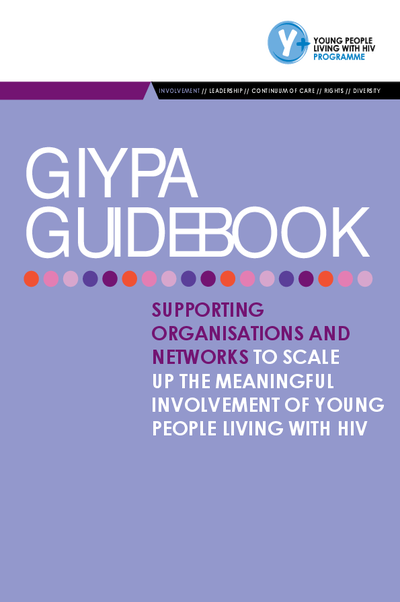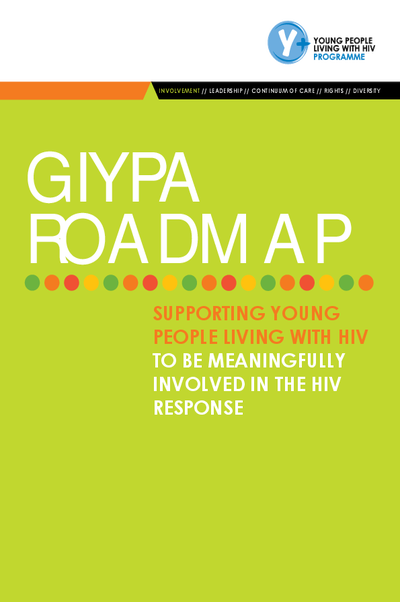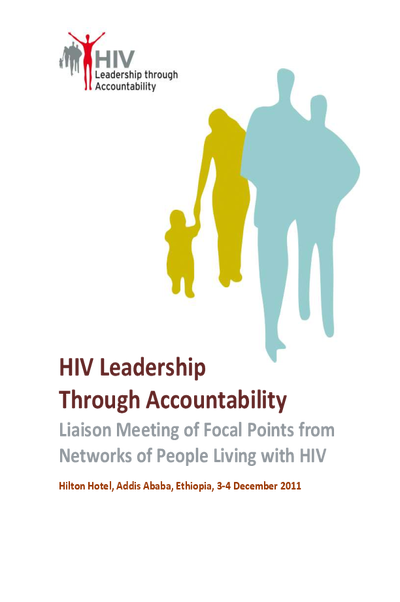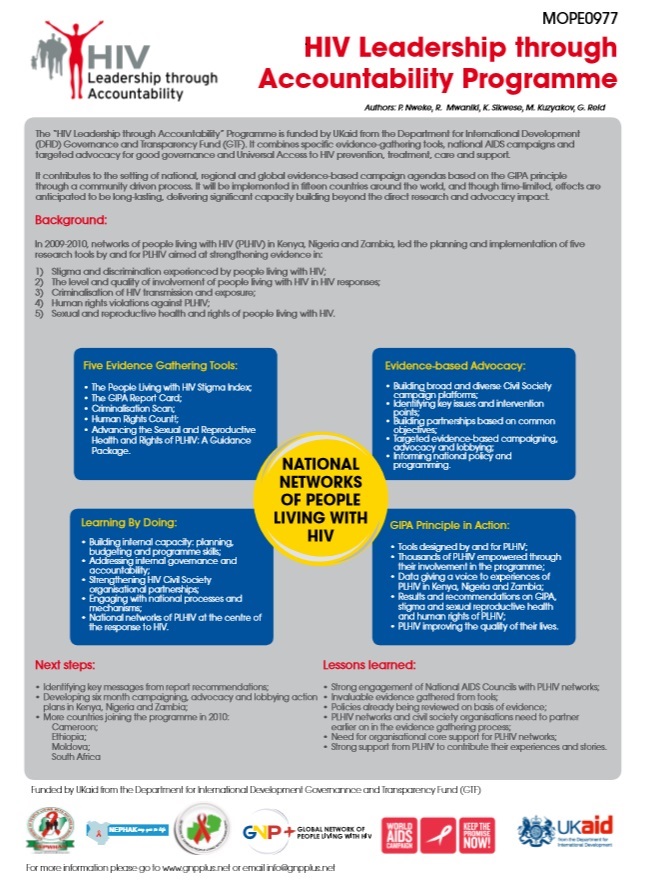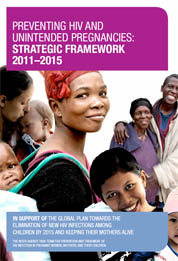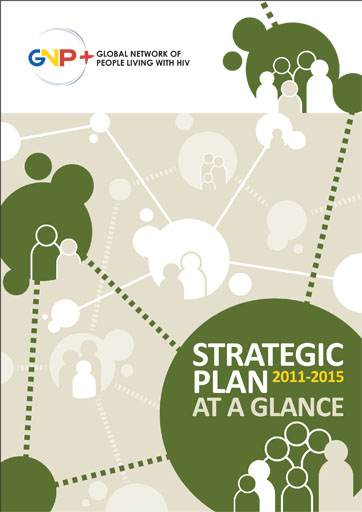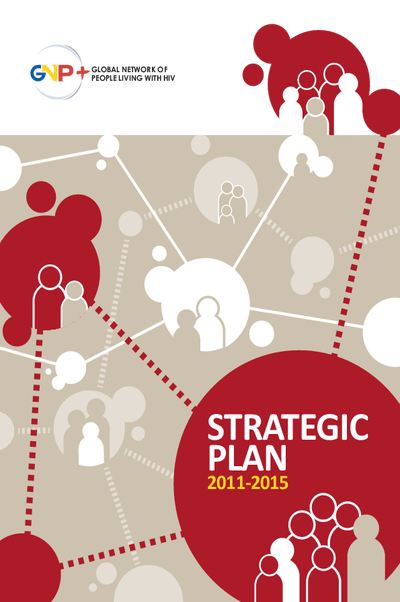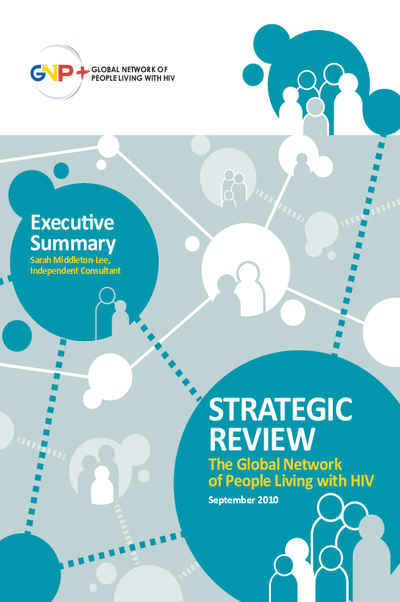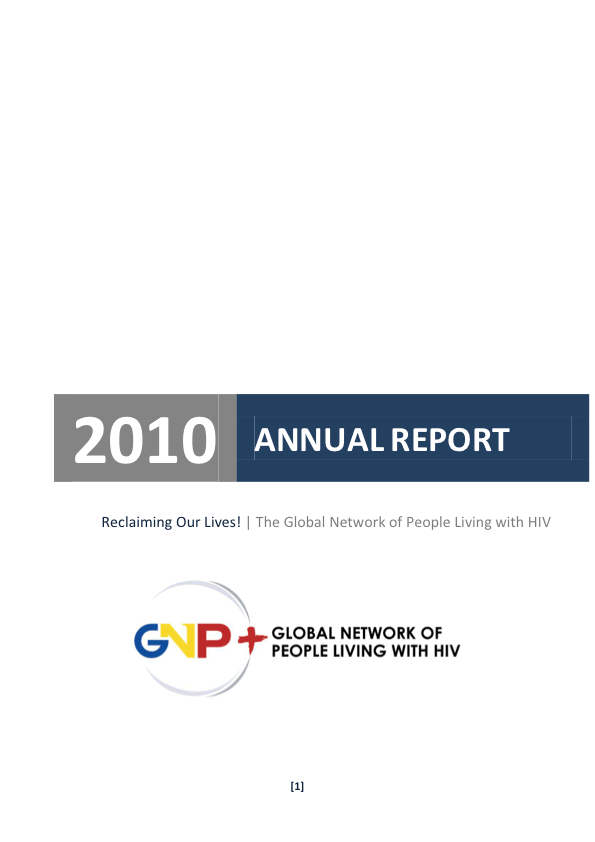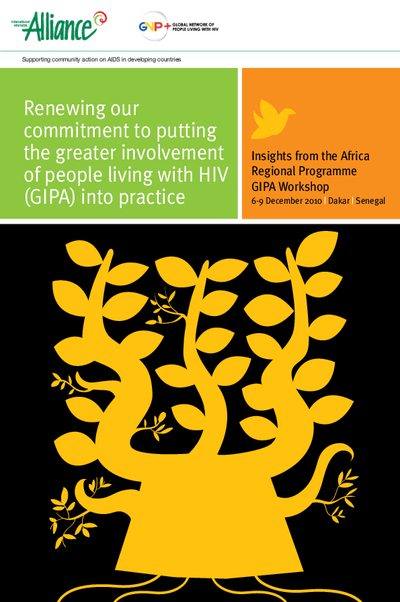GNP+ has recently finalised and published two documents which aim to enhance the greater and more meaningful involvement of young people living with HIV within the HIV response. Supported by funding from the HIV Young Leaders Fund ( www.hivyoungleadersfund.org), GNP+ conducted research among 350 young people living with HIV, and among over 175 youth led organisations and networks living with HIV, to identify the key barriers faced by YPLHIV to engaging more meaningfully in the HIV response. The findings from this research led to the development of these two tools:
- the GIYPA Roadmap: Supporting Young People Living with HIV to be Meaningfully Involved in the HIV Response
- and GIYPA Guidebook: Supporting Organisations and Networks to Scale Up the Meaningful Involvement of Young People Living with HIV.




